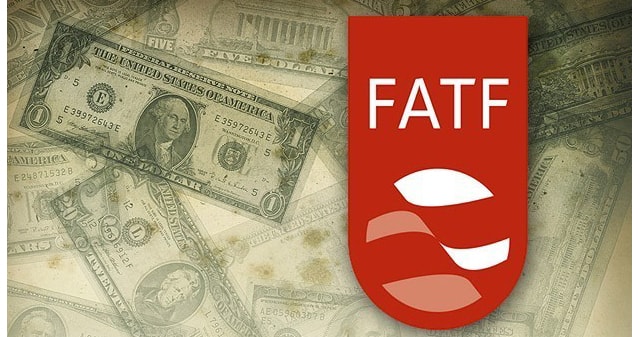Jim Harper, Global Policy Counsel
I was in Brussels this week for a “private sector consultative forum” organized by FATF, the Financial Action Task Force. FATF is an inter-governmental body established in 1989 “to set standards and promote effective implementation of legal, regulatory and operational measures for combating money laundering, terrorist financing and other related threats to the integrity of the international financial system.”
One of the sessions was on “risks and regulatory approaches to virtual currency.” My goal was simply to learn the thinking of this group and make myself available to participants who were interested in Bitcoin. Learning about Bitcoin helps one appreciate Bitcoin, of course. I now have business cards and plans for follow-up with regulators, bankers, and other financial services providers on every continent.
The opening general session was an opportunity for regulated parties—banks and others—to air their views about anti-money laundering/counter-terrorist financing rules. They were more forthcoming than I expected about the difficulties they face implementing regulations whose source is the FATF’s recommendations. Again and again, participants talked about the “de-risking” they were undertaking in order to stay within the rules.
“De-risking”—a fascinating word choice—means something like “eliminating clients and business lines that are too risky.” It’s a bloodless way of saying that there are certain countries, for example, that they feel they must cut off from the financial services system. The irony—no, the shame if it—is that excluding entire nations from access to financial services keeps even worthy people within those borders relatively poor. It starves these countries’ economies, and it prevents them from developing institutions like police forces and judicial systems that operate under the rule of law.
Along with the injustice (in my opinion) of keeping honest, hard-working people in poverty because of where they live, financial “de-risking” may contribute to environments that produce hopelessness, criminality (including crimes associated with money laundering), political radicalism, and in some cases terrorism. “De-risking” may well be risky!
Of course, “de-risking” doesn’t only apply to countries. Certain business lines are perceived as too risky, and it may be that digital currencies are still one of them. Thus “de-risking” may thwart financial services innovations with fantastic potential consumer benefits and job-creating potential.
Which brings us to another word choice: “virtual currency,” the topic of the session I was most interested in. The word “virtual” has increasingly come to mean “on a computer or the Internet,” but its longstanding meaning is: “very close to being something without actually being it” or: “being such in essence or effect though not formally recognized or admitted.” The word “virtual” serves in part to deny the legitimacy of Bitcoin.
This was not intended by the organizers of that session or the FATF, but it is a habit of language that reflects habits of mind with which I disagree. Bitcoin is very real. Indeed, the reason why it is of interest to the FATF is its real (if potential) influence on things within the ambit of that organization’s members.
I call Bitcoin a “digital currency” because this distinguishes it from analog currencies, which are most recognized as some kind of physical item, such as rectangular pieces of paper or cylinders of metal. While people continue to call Bitcoin a “virtual currency,” they will tend to think that the system based on paper and metal bits is “real” while the fully digital system is not.
I hope to bring the people I met in Brussels to the view that Bitcoin is real. I’ll try to educate these important figures in the world of financial services about Bitcoin and bring them to a more favorable view. There is no question that everyone involved in FATF wants a better world for all. Bitcoin is a tool we can use to achieve that, and it’s worth the risk to try.
